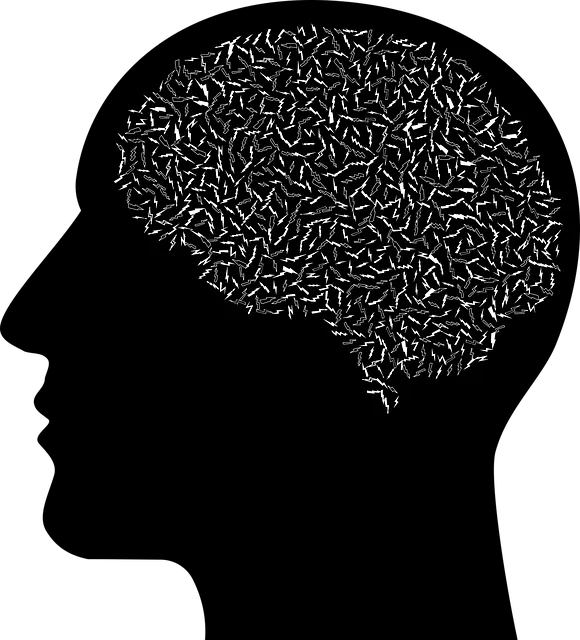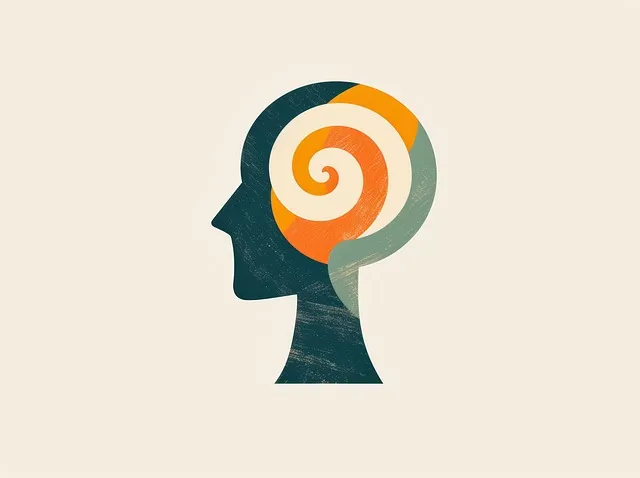Mental wellness self-assessment tools, like Golden Kaiser programs, are vital for navigating today's stressful world. They offer structured frameworks to understand emotional, cognitive, and behavioral patterns, promoting self-awareness and personal growth. These tools help individuals manage stress, anxiety, and challenges by identifying strengths and weaknesses, enhancing resilience and confidence. The Golden Kaiser approach combines evidence-based practices with innovative techniques for holistic well-being, including risk assessment and self-care initiatives for both users and mental health professionals. Key components of effective self-assessment tools include introspection exercises, cognitive flexibility enhancement, and thought pattern identification, empowering individuals to reframe negative thoughts positively. Integrating risk management planning ensures a comprehensive view of mental wellness. Evidence-based practices, such as psychological evaluations, mindfulness, and CBT, improve assessment accuracy and facilitate personalized interventions. The development process involves initial creation, real-world feedback collection, and rigorous testing for validity, reliability, and sensitivity to change, with continuous refinement driven by user insights. Ultimately, these tools aim to foster inner strength, inform mental health policy, and encourage self-care practices.
Mental wellness self-assessment tools play a pivotal role in promoting individual well-being. This article delves into the development of such tools, highlighting their necessity and benefits. We explore the comprehensive approach offered by Golden Kaiser Mental Health Programs as a model for effective assessment. Key components, evidence-based practices, implementation strategies, and iterative testing are discussed to ensure accurate and valuable mental wellness evaluations. Understanding these elements is crucial for creating impactful self-assessment tools that support holistic well-being.
- Understanding Mental Wellness Self-Assessment: The Need and Benefits
- Golden Kaiser Mental Health Programs: An Overview
- Key Components for Developing Effective Self-Assessment Tools
- Incorporating Evidence-Based Practices in Mental Wellness Assessments
- Implementation, Testing, and Iteration: Ensuring Quality and Accuracy
Understanding Mental Wellness Self-Assessment: The Need and Benefits

Mental wellness self-assessment tools play a pivotal role in promoting individual well-being and mental health awareness. In today’s fast-paced world, understanding one’s mental state is more crucial than ever. These assessments serve as valuable resources for both professionals and individuals seeking to navigate their mental health journeys. By providing a structured framework, they enable people to gain profound insights into their emotional, cognitive, and behavioral patterns, fostering self-awareness and personal growth.
The development of such tools, akin to Golden Kaiser mental health programs, offers numerous benefits. They empower individuals to take charge of their mental wellness proactively. Through self-assessment, one can identify areas of strength and weakness, facilitating personalized strategies for improvement. This process encourages a sense of agency, boosting confidence and resilience in managing stress, anxiety, or other common mental health challenges. Mental Wellness Journaling Exercises and Guidance, for instance, can assist individuals in reflecting on their thoughts and emotions, leading to better understanding and improved mental flexibility.
Golden Kaiser Mental Health Programs: An Overview

The Golden Kaiser Mental Health Programs stand as a beacon of hope and holistic healing, offering a range of comprehensive services designed to nurture mental wellness. These programs are meticulously crafted to cater to diverse individual needs, from stress management and emotional regulation workshops to intensive therapy sessions focusing on inner strength development. By combining evidence-based practices with innovative therapeutic techniques, Golden Kaiser aims to equip individuals with the tools necessary for fostering resilience and navigating life’s challenges.
Within these programs, a crucial component is the risk assessment for mental health professionals, ensuring that practitioners are equipped to handle their own emotional well-being alongside that of their clients. This multifaceted approach recognizes that supporting others’ mental health requires a stable foundation of one’s own. Through various initiatives, Golden Kaiser encourages professionals to prioritize self-care, fostering an environment where emotional regulation becomes not just a skill but a cultivated art.
Key Components for Developing Effective Self-Assessment Tools

When developing self-assessment tools for mental wellness, several key components ensure effectiveness and accuracy. Firstly, self-awareness exercises that encourage individuals to introspect and reflect on their thoughts, emotions, and behaviors are fundamental. These exercises should be designed to enhance cognitive flexibility, enabling users to recognize patterns and triggers that impact their mental health. Incorporating mind over matter principles, which focus on the power of positive thinking and reframing negative thoughts, can empower individuals to take control of their well-being.
Additionally, integrating risk management planning for mental health professionals into these tools is vital. This aspect ensures that users not only assess their current state but also identify potential risks and develop strategies to mitigate them. By combining self-reflection with practical risk management skills, these assessment tools become comprehensive resources, akin to the Golden Kaiser mental health programs, offering individuals a holistic approach to maintaining and improving their mental wellness.
Incorporating Evidence-Based Practices in Mental Wellness Assessments

Incorporating evidence-based practices into mental wellness self-assessment tools is a critical step toward accurate and effective evaluation. These practices, backed by rigorous research, ensure that assessments are valid, reliable, and aligned with the latest understanding of mental health conditions. For instance, the Golden Kaiser mental health programs emphasize a multi-faceted approach, combining psychological evaluations, mindfulness techniques, and cognitive behavioral therapy (CBT) principles to offer a comprehensive assessment tool. By integrating evidence-based practices, these programs enhance the accuracy of self-assessments, enabling individuals to gain profound insights into their mental well-being.
This strategic integration also facilitates personalized interventions. When assessments are grounded in sound research, they can identify specific areas of concern, such as symptoms of anxiety or depression, and tailor support accordingly. Moreover, it promotes the concept of Mental Health Awareness, empowering individuals to proactively manage their emotional health. By adhering to these practices, mental wellness tools not only assist in Depression Prevention but also encourage a positive mindset through Mind Over Matter Principles, ultimately fostering a holistic approach to well-being.
Implementation, Testing, and Iteration: Ensuring Quality and Accuracy

The development of an effective self-assessment tool for mental wellness is a meticulous process that demands careful planning and execution. After creating an initial version, implementation involves introducing the tool to a targeted audience, such as individuals or groups seeking mental health support. This phase is crucial as it provides real-world feedback, allowing developers to gauge the tool’s usability, relevance, and overall impact.
Testing should be comprehensive, focusing on various aspects including validity, reliability, and sensitivity to change. By comparing results with established mental health metrics and expert evaluations, the tool’s accuracy and effectiveness can be assured. Iteration is a continuous process where feedback is analysed, leading to refinements that enhance the tool’s quality. This may involve restructuring questions, improving language clarity, or adding new sections based on user insights. The ultimate goal is to create an instrument that accurately assesses mental wellness, promotes Inner Strength Development, and informs Mental Health Policy Analysis and Advocacy, while encouraging Self-Care Practices.
Mental wellness self-assessment tools are invaluable resources, especially with the growing emphasis on mental health awareness. By incorporating evidence-based practices and key components outlined in this article, such as those seen in Golden Kaiser’s successful mental health programs, developers can create accurate and beneficial assessments. Continuous implementation, testing, and iteration ensure these tools remain effective, empowering individuals to take control of their mental wellness journey.






